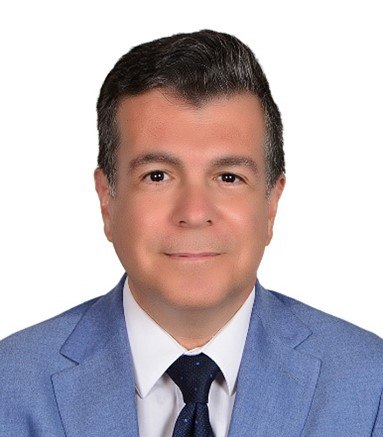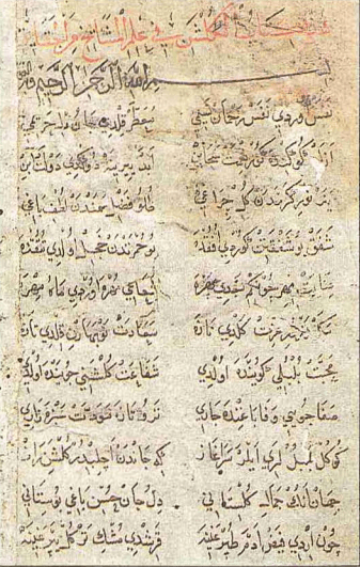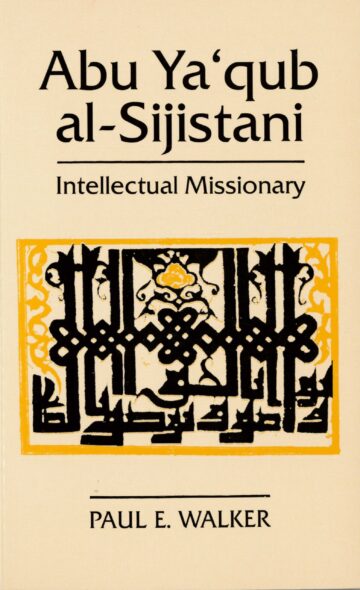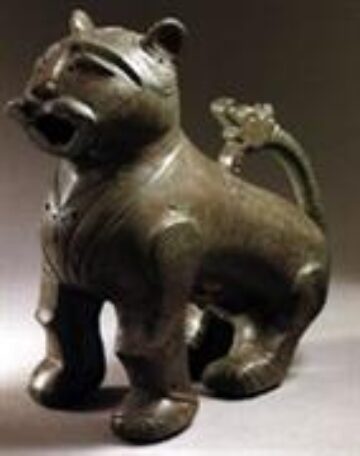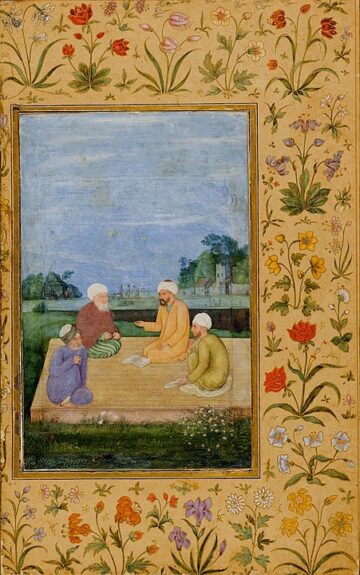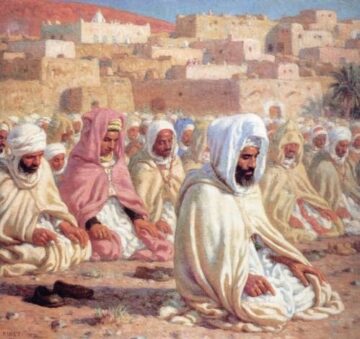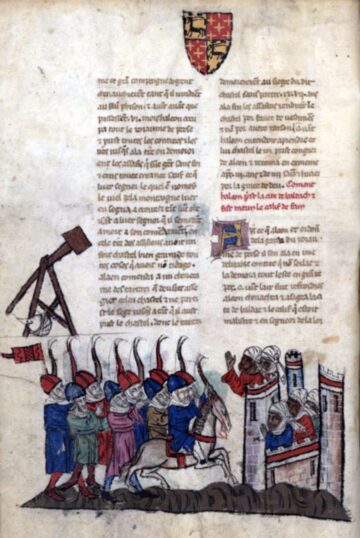Keywords: Optika, Ptolemy, vision, Hunayn ibn Ishaq, al-Kindi, Euclid, Ibn al- Haytham, astronomy, Islamic civilization, Avicenna, Nasir al-Din Tusi, intromission, Kitab al-manazir (The Optics), meteorology.
Abstract: The science of optics (‘ilm al-Manāẓir) studies the nature and comportment of vision and light, along with phenomena associated with the reflection and refraction of the rays of light. This classical discipline preoccupied numerous mathematicians and physicists in the history of mediaeval science and philosophy in Islam. Its variegated applications were also fundamental in the structuring of several theories in meteorology, astronomy, surveying, and the investigation of the anatomy of the eye and of the psychological aspects of visual perception. The ground-breaking innovative progress of this ancient science was accomplished by Ibn al-Haytham (Alhazen; d. after 1041 CE), and it was further developed by Kamal al-Din al-Farisi (d. 1320 CE).
Author

Professor Nader El-Bizri
Professor Nader El-Bizri is a philosopher and architect. He is currently affiliated with the University of Cambridge, and he was until recently the Dean of the College of Arts, Humanities, and Social Sciences at the University of Sharjah. Prior to that he was a Leverhulme Visiting Professor at Durham University and a tenured Professor at the American University of Beirut, where he served as the Associate Dean of the Faculty of Arts and Sciences, and as the Director of General Education. Before that he taught and conducted research across the academic ranks at the universities of Harvard, Nottingham, Lincoln, and at the CNRS in Paris and the IIS in London. He serves on various academic boards internationally and is the General Editor of the Epistles of the Brethren of Purity series that is published by Oxford University Press in association with the IIS. He has acted as advisor to the Science Museum in London, the Aga KhanA title granted by the Shah of Persia to the then Ismaili Imam in 1818 and inherited by each of his successors to the Imamate. Trust for Culture in Geneva, the Solomon Guggenheim Museum in Berlin, UNESCO in Paris, and Expo2020 in Dubai. He has been interviewed by the BBC and France Culture cultural programs, and in recognition of his contributions to the field, he has received awards and honours, including the Kuwait Foundation for the Advancement of Sciences Prize.

